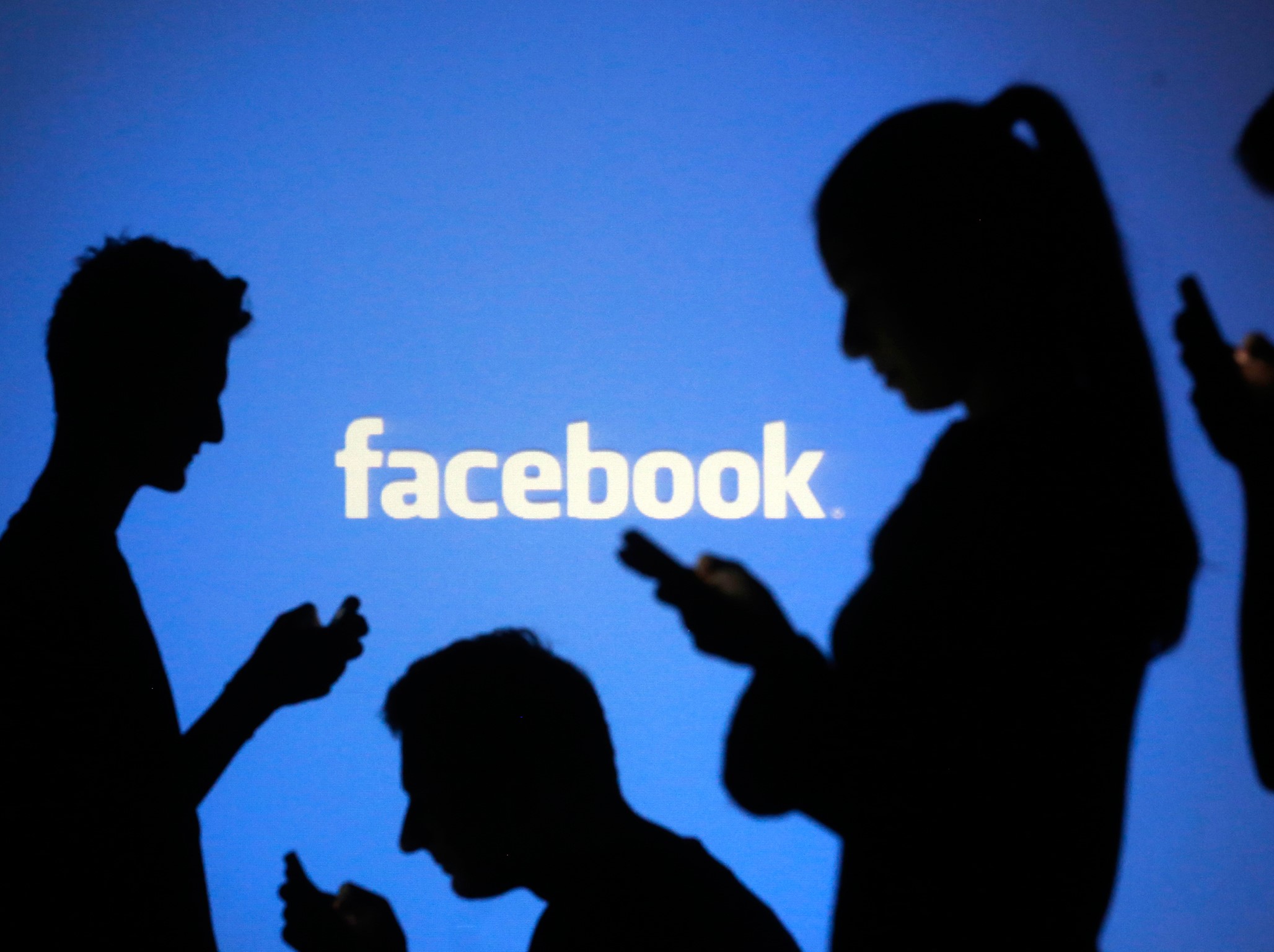
With enough data on 1.65 billion people to accurately predict human behavioral patterns, Facebook is set to move into the next stage of targeted advertising, using cookies, the “like” button, and other plug-ins embedded on third-party websites to tracks members and non-members alike. Excluding yourself from the social network is no longer enough to avoid tracking; you’ll need a reliable ad-blocker and cookie-destroying browser app.
The position aims to expand the social network’s online advertising presence, extending beyond just showing ads to Facebook users visiting websites connected to the company’s advertising network. Now, it will empower marketers to collect information on all users visiting websites connected to Facebook through the “like button.”
“Our buttons and plugins send over basic information about users’ browsing sessions. For non-Facebook members, previously we didn’t use it. Now we’ll use it to understand better how to target those people,” Andrew Bosworth, vice president of Facebook’s ads and business platform, tells the Wall Street Journal.
An update reflecting the policy change appeared at the top of European users’ news feeds on Thursday, May 26th in response to the recent backlash the company faced over privacy concerns. Current EU legislation dictates that websites must follow specific guidelines on privacy and data protection, disclosing the use of tracking cookies.
Personalized ads—otherwise known as targeted advertising—have become increasing commonplace on the Internet, and Facebook believes that its technology and massive data pool will allow it to better direct adverts than competing online advertising networks like Google. With information on 23% of the world population, or 49% of the world’s Internet-using population, the company believes it can accurate deduce the behavior of non-members using a technique called “lookalike targeting.”
“Because we have a core audience of over a billion people [on Facebook] who we do understand, we have a greater opportunity than other companies using the same type of mechanism,” said Bosworth.
As the most dominant targeted online advertising services, Facebook and Google employ similar techniques in delivering content. But unlike Google, Facebook use of cookies was deemed as a violation of consumer privacy laws earlier this year. An independent report stemming from the Belgian Privacy Commission held the company responsible for continuing to track users who logged out, as well as those who did not even have accounts but simply visited the site long before the such system was implemented.
Facebook disputed the report, attributing the tracking to a previously undiscovered bug rather than deliberate action. “The researchers did find a bug that may have sent cookies to some people when they weren’t on Facebook. This was not our intention – a fix for this is already under way,” wrote Richard Allan, Facebook’s vice president of policy for Europe.
Further defending the company’s position, Allan explains that Facebook is transparent in its use of cookies, collecting web impressions when users visit the website in much the same way that other “free” services offered by Google, Microsoft, and Yahoo do. The main takeaway comes down to this: if you don’t pay for a product, you are the product.
It’s a disappointing state of affairs that’s similar to usurping the Internet, as being farmed by Facebook is no longer up to the user’s discretion. On the flipside, Facebook users can opt-out of the ad scheme by adjusting their settings, while non-users may opt-out through the Digital Advertising Alliance in the US, the Digital Advertising Alliance in Canada, and the European Interactive Digital Advertising Alliance in Europe.
Other more reliable solutions include permanently browsing incognito through your browser’s private browsing mode, installing the self-destructing cookies browser app, and using Ghostery , Ad-bloc , and other non-tracking apps.
Source: Wall Street Journal
Advertisement
Learn more about Electronic Products Magazine





